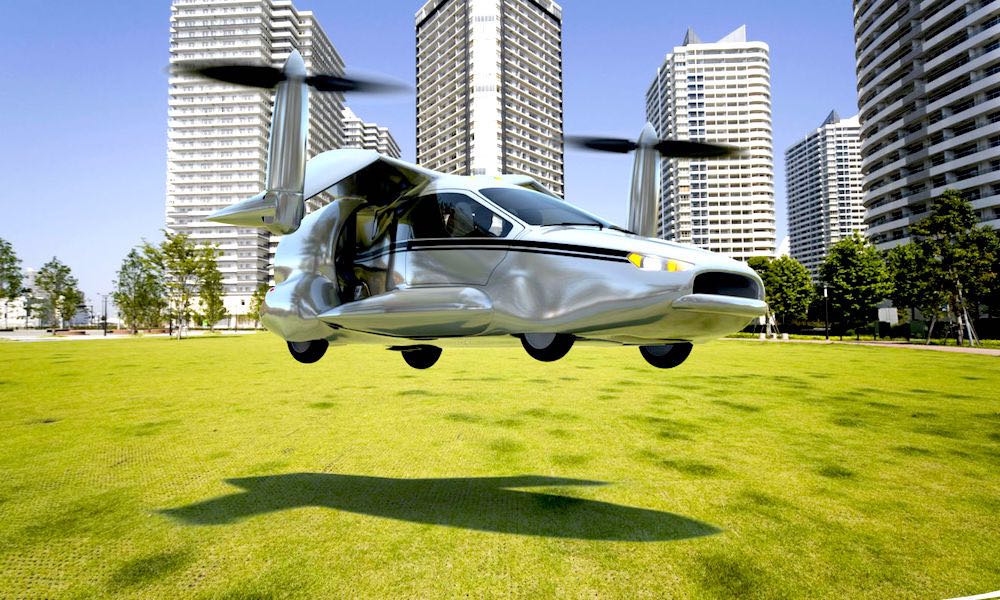Uber Teams up with NASA Engineer to Make Flying Cars Reality

Toggle Dark Mode
Ride-sharing giant Uber Technologies Inc. has hired a veteran NASA engineer to help the company realize its vision of flying cars.
Mark Moore, a senior NASA research engineer, has been involved with flying car research for around a decade. In 2003, Moore wrote a paper for the American Institute of Aeronautics and Astronautics titled “Personal Air Vehicles,” which even went on to inspire Google co-founder Larry Page to secretly start two flying car-related companies, according to The Verge.
And now, it seems, Moore is leaving a 30-year stint at NASA for a job at Uber, where he will allegedly help make flying cars a reality, Bloomberg reported. His new role? Director of Engineering for Aviation for a flying car program the company calls Uber Elevate.
“I can’t think of another company in a stronger position to be the leader for this new ecosystem and make the urban electric VTOL market real,” Moore told Bloomberg.
Specifically, Moore’s research focuses on small, personal vehicles capable of vertical takeoff and landing, or VTOL, technology that Uber wrote its own paper about in October 2016. In Uber’s white paper — in which the company revealed its Elevate initiative — the company envisions a sort of flying taxi service that can take off and land from existing helicopter pads and skyscrapers.
To be clear, however, Moore and Uber aren’t exactly gearing up to build flying cars quite yet. According to Uber’s paper, the company isn’t planning any vehicles in the short-term, but is ready to “contribute to the nascent but growing VTOL ecosystem and to start to play whatever role is most helpful to accelerate this industry’s development.”
On a similar note, rather than delving into the logistics of actually designing and building a flying car, Moore will focus his energy on addressing problems related to VTOL aircraft, such as “noise pollution, vehicle efficiency, and limited battery life,” Bloomberg reported.
“Uber continues to see its role as a catalyst to the growing, developing VTOL ecosystem,” Uber’s Nikhil Goel said in a statement. “We’re excited to have Mark join us to work with companies and stakeholders as we continue to explore the use case described in our white paper.”
Uber’s path to a flying car is sure to be filled with many obstacles — not the least of which is the current absence of any feasible flying car prototypes. Even Uber itself acknowledged that a flying car is still many years off.
“The vision portrayed above is ambitious, but we believe it is achievable in the coming decade,” the company wrote in its paper.






